Rising before the sun on a hazy Sunday morning, I prepared to head to the Marin farmers market just across the golden gate bridge. The sun peeked from behind the rose-tinted clouds as we crossed the iconic monument, its copper wires just picking up the first light of the day. Nicolas Pena, a young cook from San Francisco was behind the wheel of the rented Ford Transit we had acquired just for this special morning. I was accompanying him to the Marin Market to see what it takes to gather the last minute odds and ends for his final pop up the following night at the Naked Kitchen in San Francisco.
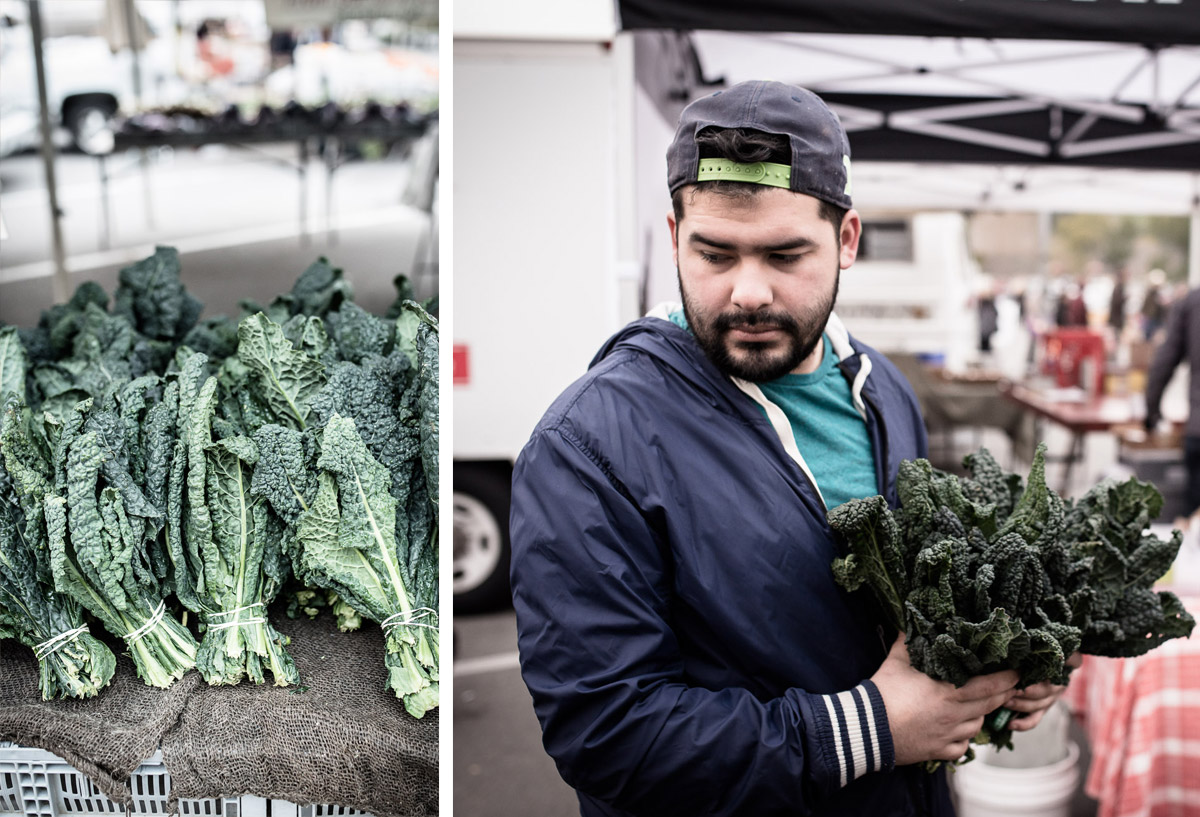
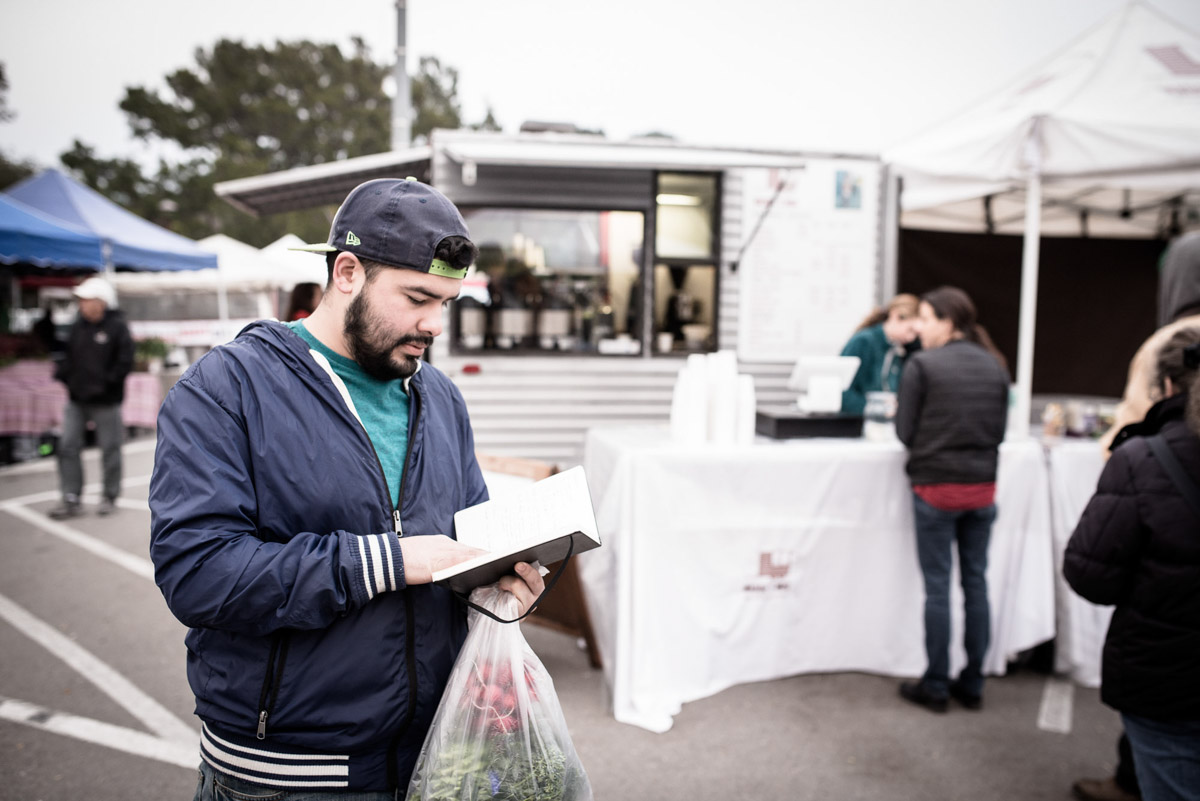
If you’re wondering why this was his final dinner, it’s because in just a few short days he is leaving San Francisco to stage (when reading this imagine it’s spelled “stadge”) at In de Wulf in Belgium. For the next three months he will learn everything he can at a restaurant famous for its precise techniques, and technical preparations that are intended to intensify the taste of the ingredients they use.
This isn’t his first time leaving San Francisco to head abroad on an unpaid internship. In 2013, he spent months traveling around Italy studying traditional pasta making. He’s not alone in this quest for knowledge. In a world where school costs are ever rising, many are looking to the past in search of a more classical style of education. One that includes a master and an apprentice.
In kitchens, this has long been the practice of world renowned chefs who sharpened their knives alongside the greats of their time. From Thomas Keller to the hundreds of stages who spent a season at the world famous El Bulli in Spain, apprenticeship has long had a strong place in the history of cooking. Before there was anything like the Culinary Institute of America, there was a passion for cooking and a hunger for knowledge that would drive cooks into the bowels of a restaurant where they would often start as dishwashers and over time earn their way up through the stations until they were experienced enough to go out on their own.
In todays world, the path of a stage become a bit more complicated. The distances to travel can be immense and supporting oneself can seem impossible at times. In an effort to better understand the mindset of a young cook who is leaving everything behind in pursuit of experience, I sat down with Nicolas to discuss his upcoming journey and the path that led him to where he is today.
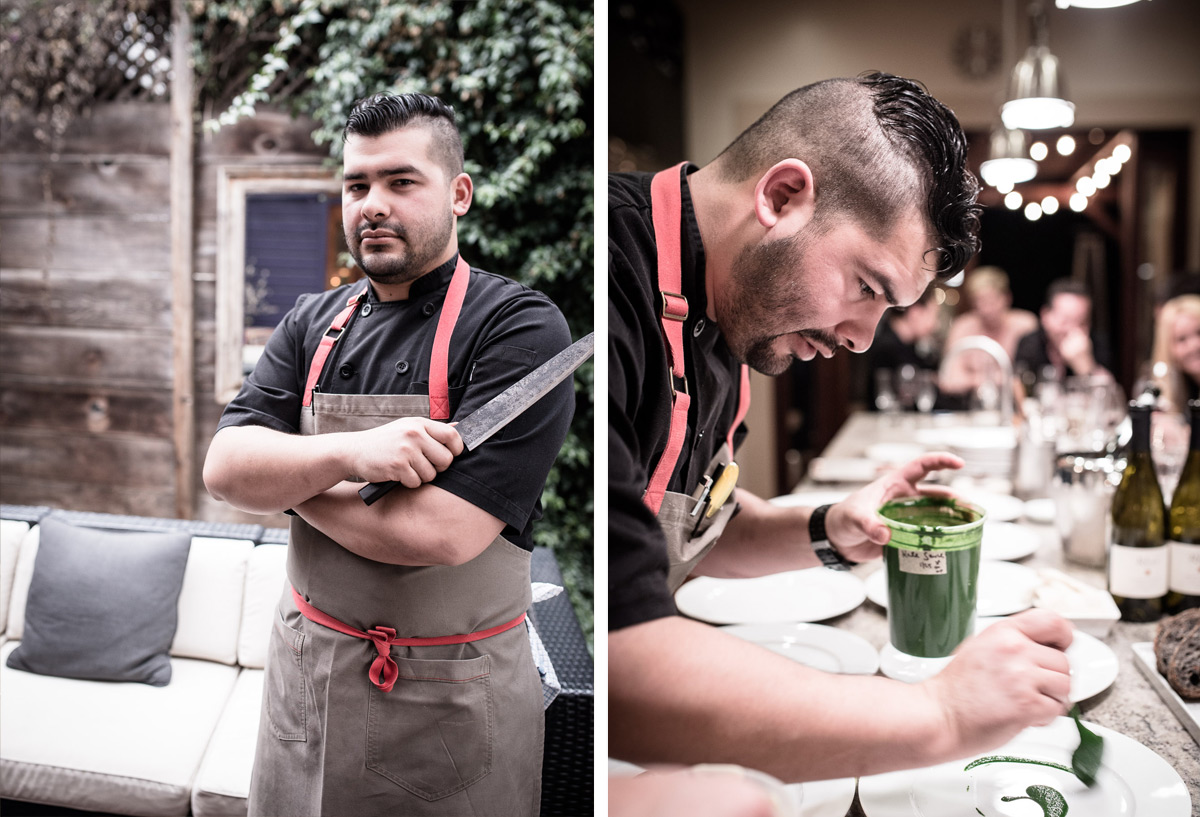
In your own words, I’d like to know exactly what a stage is.
A stage is like an audition, you go in and play the part of whatever it is that you want to be. Staging isn’t just for yourself, it’s also for the other members of the staff, the chef and the owner: to see if a position is going to work out for someone. You need to find out if there is chemistry amongst the team and to get an idea of whether or not you are going to fit in. Well, at least that’s what a stage is when you are going in for a new job, here in the states.
There is also the idea of staging around the world, like what I’m doing for In de Wulf. In stages like this, you need several weeks minimum, preferably months to dedicate to the stage. In this case you aren’t technically going for a job, but you get to gain experience and learn new techniques.
Oftentimes getting a job internationally consists of a lot of red tape, there are visas to consider, fees to pay and you need a sponsor to vouch for you as well. Staging is a great way to work in the kitchens you want to, but not have to deal with the paperwork headache.
Look at El Bulli, the majority of their staff was comprised of stages. This meant that people got the chance to be a part of history while they were open, something that would have never happened if they had all been hired staff. The restaurant would have never been able to afford that staggering costs. They even had dorms for the employees to stay in, where stages could be near the restaurant. You didn’t make any money, but you also had no expenses.
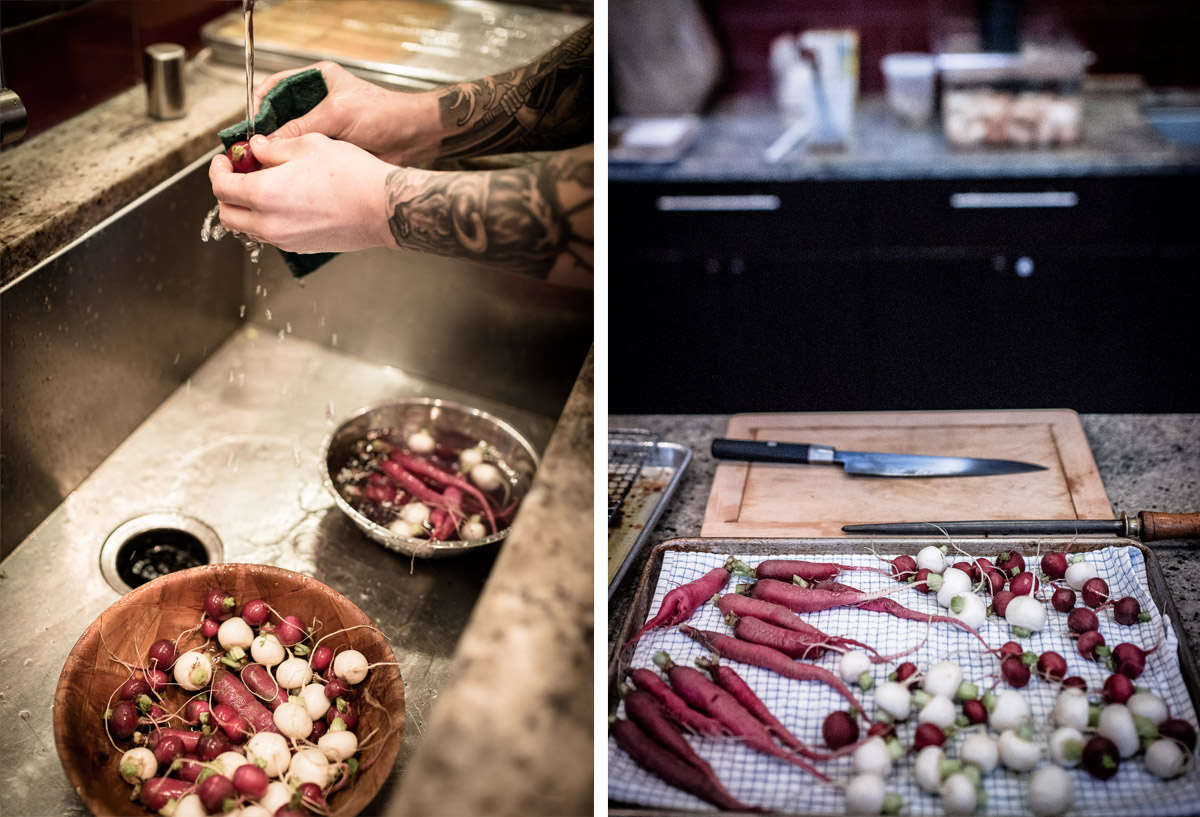
What are the benefits of doing a stage?
Well, there is only so much that you can learn from books and learn from being in the same environment. Sure, you can read the words printed within the pages, but at some point doing it with your own hands is needed to fully grasp the concept. When you are working with someone who is a master of whatever it is that they are doing, something clicks and suddenly it all makes sense.
As for changing up your environment: going to see a new place and experience a new culture fundamentally changes the way you think about life. Suddenly the people you meet and the experiences you gather have shifted your perspective and you might start to see the work you’re are doing differently. Inspiration comes in all forms, and just getting out there and doing something new and exciting can channel that into new creativity.
Aside from those two benefits, there is also the fact that you begin to build a global network. As a cook, you get this unique opportunity to develop strong relationships with people around the world. You meet these other young cooks in new places and it’s so much fun to watch everyone’s growth as the years pass. We all keep in touch and push each other to keep developing so we can to continue to chase the food we dream up in our heads.
Each and every conversation with a new person is a chance to learn more. We share ideas, challenge one another and, ultimately, all leave better for having met.
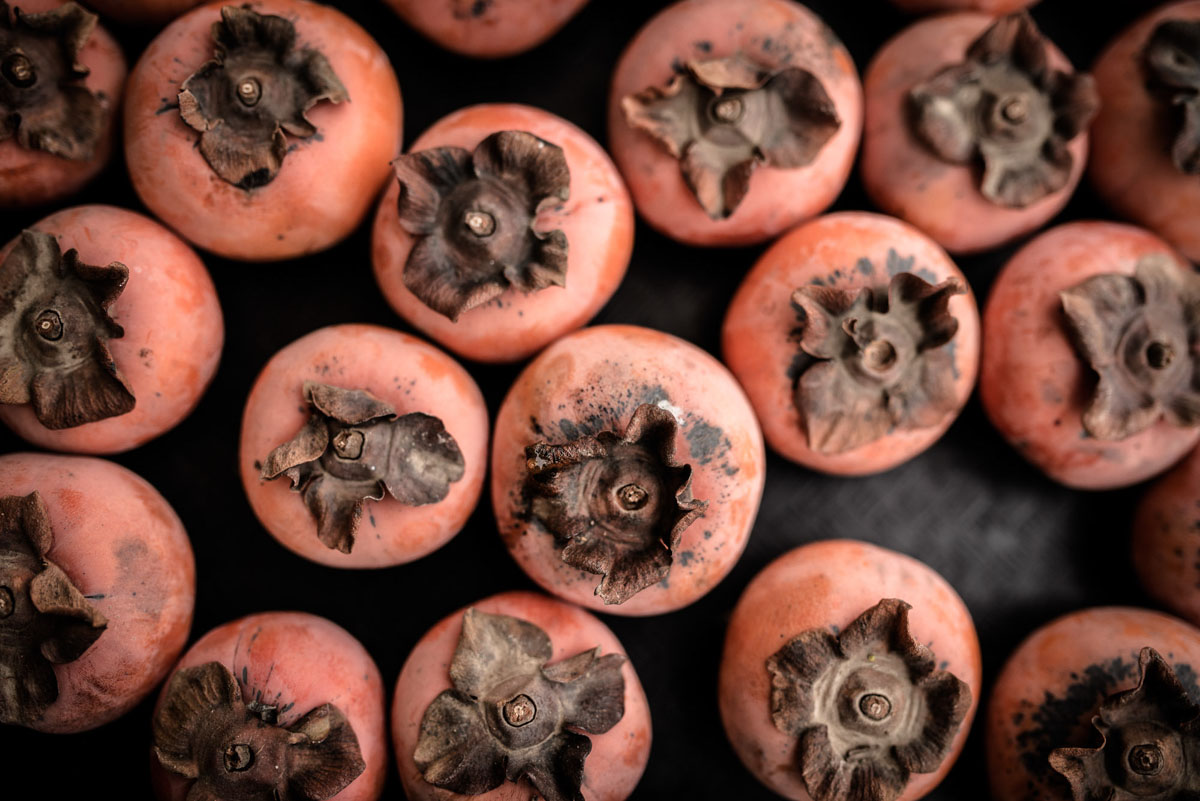
How has staging changed your life?
Well, that’s a multi-part answer. First and foremost, a stage at Quince is how I ended up moving to San Francisco. After a grueling week of clopening (industry speak for working back to back closing and opening shifts), I had a flight early the next day to come visit San Francisco. I was cooking in Orange County at the time, and one of my early mentors told me that if I wanted to really grow I needed to move to a food-centric city like SF.
So I arrived in the city exhausted, I was crashing on a friends couch, I was running on fumes, and I decided I needed a bowl of clam chowder. I was looking at a list of restaurants that I had written down as potential places that I wanted to work, and I realized that Quince was just down the way from where I was having lunch.
My plan was to drop off resumes and schedule stages for a month later when I was actually planning on moving to the city. So here I am, half asleep, worn out, and I find myself outside of the restaurant. Peeking in the window I recognize Michael Tusk from photos I had looked at online chatting with a woman who I would later realize was his wife Lindsay. Knocking on the front door, I introduced myself and asked if I could set up a date to stage.
He kind of looked me up and down and said, “Well, what are you doing right now?”
My heart plummeted. Here I am in my jeans, no kitchen gear, no sleep, completely unprepared and he invites me to come in and stage on the spot.
I was so embarrassed as I explained my situation and my utter lack of any preparation and he shrugs and says, “Well, I have a coat you can wear, knives you can use, and an apron for you to borrow.” And just like that my fate was sealed. I went upstairs, changed, and after working the full night helping prep various things in the kitchen, he offered me a job at the end of the night. I started a month later.
See, I was completely unprepared and, as a professional, I should have never shown up without my gear. But he saw my work ethic, my style and passion and he was able to look past my inexperience to offer me a position that night.
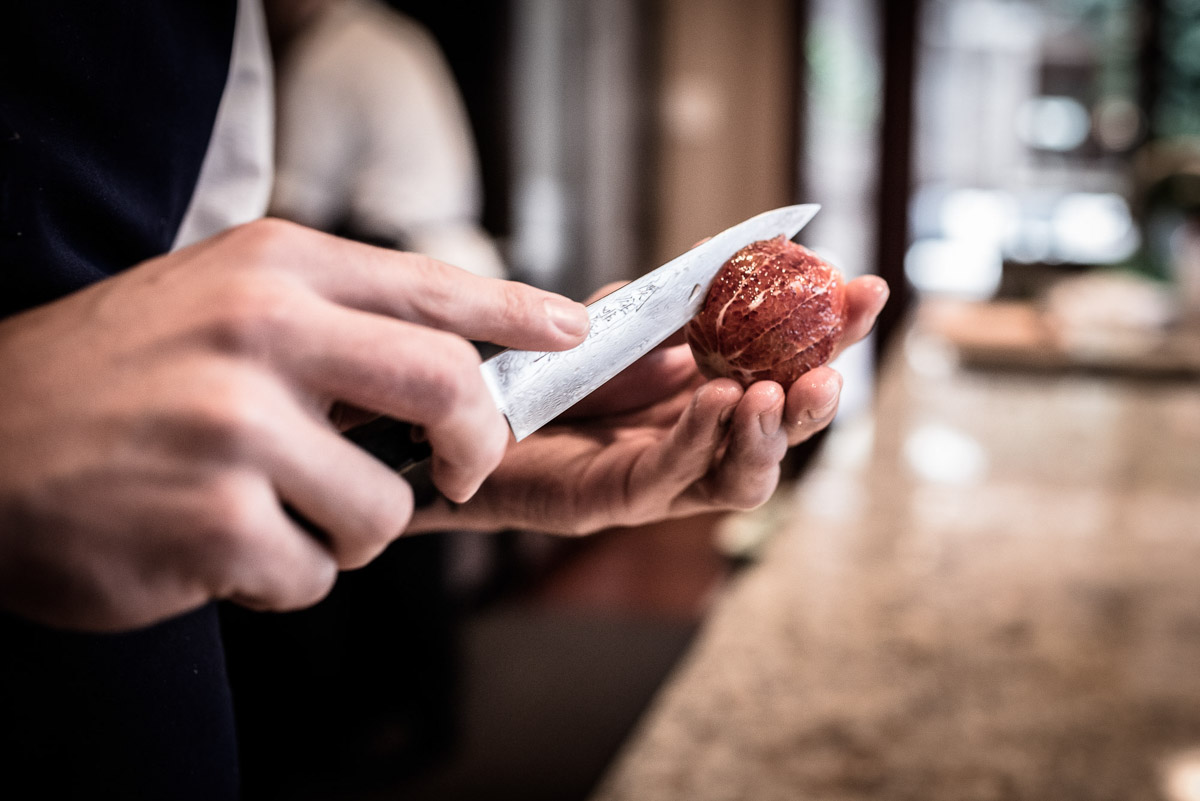
You mentioned that that was a multi-part answer, how else has staging altered your life?
Going to stage in Italy was really eye opening for me. I left home, which was familiar, and went to go see a culture that has been around for thousands of years. Our culture in America is in its infancy compared to that. I was alone, I didn’t know the language, I had no phone, and it forced me to realize that life can be so much more simple than we oftentimes think it is. When all of the comforts of home are stripped away you discover what is truly important to your own life.
I discovered that life is basically an unplanned journey where you can have your eyes on a fixed goal—for me that is owning a restaurant—but that you always need to be flexible in how you reach that goal. When you are separated from your life back home, you meet new influences who you are more willing to listen to since you have more space in your life.
One of the chefs I worked with, Caesar Battisti at Ratana in Milan, taught me about the importance of a work/life balance. He has this great traditional Milanese restaurant in the heart of the city that is so pure, so focused on the location, the culture, and the ingredients. Business is great, he’s always busy, but he never forgets that he is so much more as a human than just a cook. So many times chefs become their work and there is no other option. This guy had a great restaurant, had a great team, but his life was so much more than that. He had so many other passions in life that he pursued, he didn’t limit himself to just his love of feeding people.
Staging allows you to break the mold of the life you have been living to pursue the one you dream of living when you are alone with the thoughts in your head.
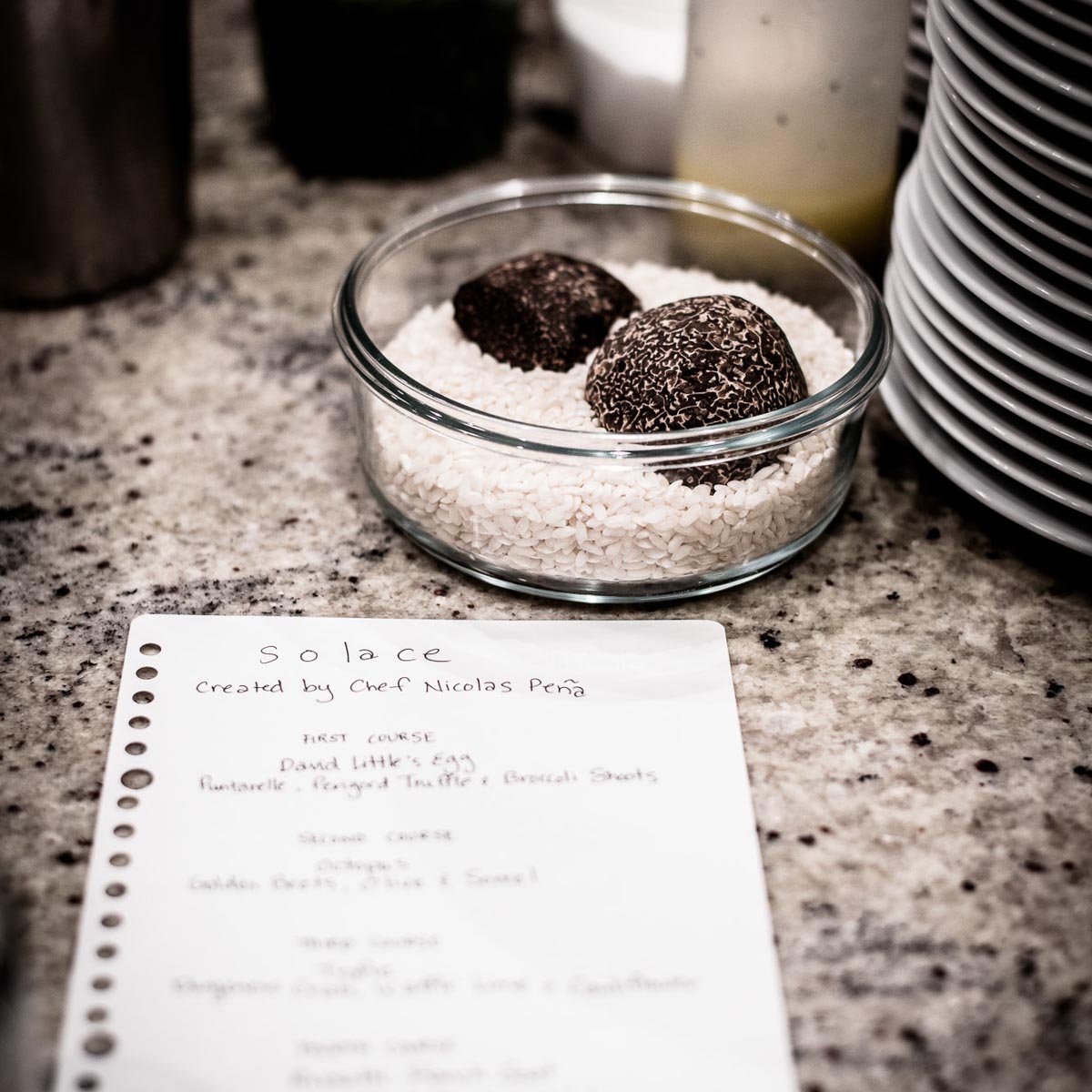
So tell me, how did you ever learn about staging? Is this something you learned in culinary school?
No not at all, the school I went to never taught me about anything like this. I found out about staging when talking to the fundamentals professor I had outside of class. Once I learned about it I decided to find a stage in Orange County as fast as I could. It was during that very stage that I met my first mentor, Ryan Carson. He has always told me that a cook learns more when he works for free, and with experience I completely support that notion.
When you are on your own time, you make sure that every second of your time counts for something. Theres no way you want to go in on your day off and not make the best of the time you have there. You extract every drop of information you can because you are choosing to spend your time on the task at hand.
School can only teach you so much, It will never show you what a real service is like. It will never tell you how it feels to have an hour left until service when you are three hours behind in prep work.
How does having a mentor play into your development as a chef? You mentioned Ryan Carson. Are there any other chefs who have helped shape you the last couple of years?
Well, I came to San Francisco with the hope of finding a second mentor, someone who I could really sink some time into. The mentor and apprentice relationship is a two-way street, you both need to be giving everything in order for the relationship to blossom.
I really lucked out when I met Chef Tusk, because I was hungry to learn and he was willing to teach me. I spent my mornings learning the farmers markets with him, during breaks between the farmers markets he would teach me how to part animals, and then we would rush off together to hit the next market in Berkeley or Marin. All of this before a night’s service!
I learned to cook every type of pumpkin that we could find at the market and he would teach me the importance of sugar profiles, water content, and why you might want to use one variety over another. This extended to every vegetable we could find and as the months passed this allowed me to not only grow as a cook, but to grow within the company. He was sharing his incredibly precious knowledge with me and I couldn’t soak it up fast enough.
That is exactly what I mean when I say I wholeheartedly believe in free time being the most valuable time a cook can spend learning. When I was clocked in I was at my station prepping for the nights work. When I was not, I was at his elbow learning the steps that have led him to become one of the iconic names of San Francisco. That is invaluable, there’s no schooling that can teach you how to create a relationship with local farmers or to have the precision of thought that he does. Here I was learning from the guy who was doing it before it was cool.
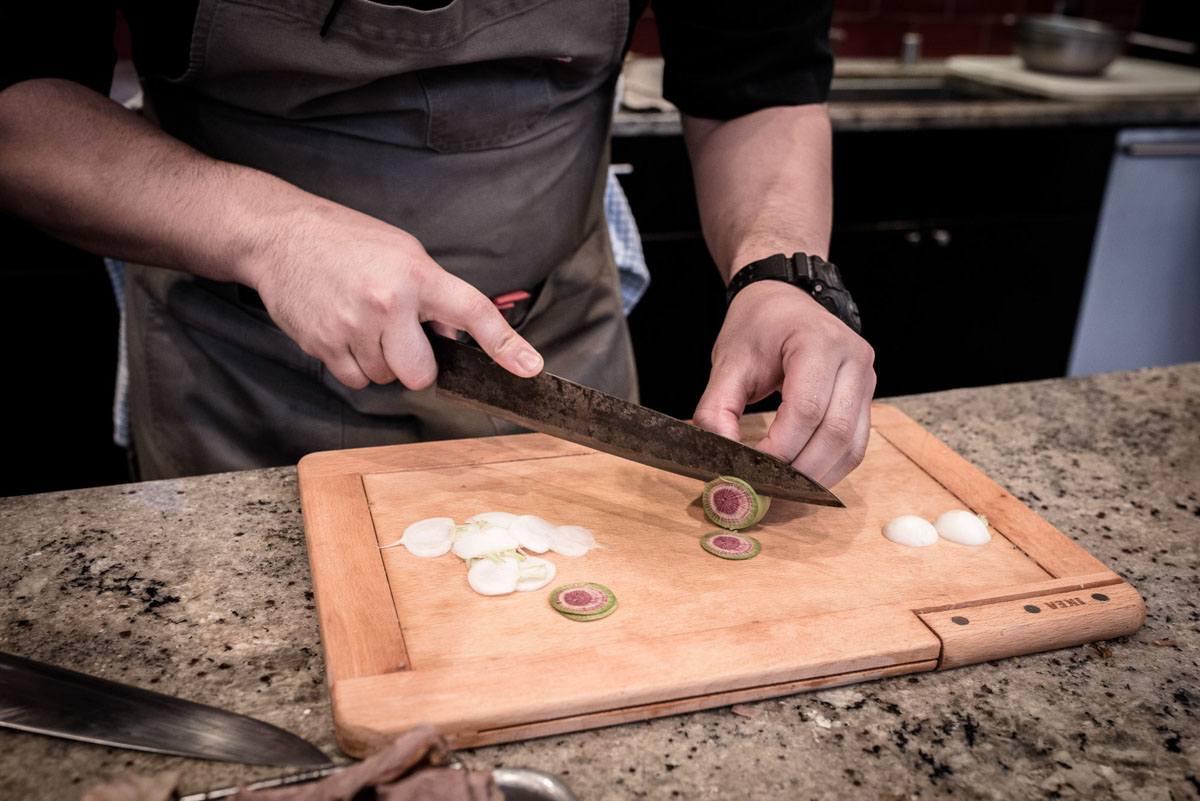
So here you are now, three years later, one of the Sous Chefs at Chef Tusks’ second restaurant Cotogna. You’re leaving the company for a second time to head to In De Wulf, why there?
Well, I’ve been a Sous for the last year and a half and I know that with my youth against me I need to go out and gain more experience. I’ll start very low at In De Wulf, probably harvesting herbs in the garden if they trust me to do that. When you go to a new kitchen, you always start at the bottom, it’s a very vulnerable feeling. You have to earn that respect and it’s a great way to keep your ego in check. I expect that I’ll be picking herbs in their garden, and I want to pick the herbs the best I can and as efficiently as I can so every second I save there I can spend learning something else new.
I’m excited because I have already seen the true and rustic nature of traditional Italian cooking. I’m ready to focus on more obscure techniques. There at In de Wulf I will study finesse and laser-like focus. As a cook, I’m always thinking about how to improve my cooking. There are dishes I can see in my head that I don’t know how to make yet, and each stage brings me closer to understanding the steps I need to make those a reality.
One of the reasons I was drawn to In de Wulf was the fact that they take full advantage of everything around them. Their philosophy is extremely local, very much to use every single ingredient they can. They are utilizing every cooking device and technique they can to take full use of the produce, dairy, and meat around them. They make also their own preserves and vinegars and really focus on concentrating the flavors they find.
See, staging isn’t to go somewhere and copy everything you see. It’s to go, learn, and turn everything you see into your own. It’s about learning how to develop your own style. But, you have to be exposed to new ideas to be able to choose the ones that work best for you and the vision of cooking you hold in your head.
When you go to a new kitchen, you always start at the bottom, it’s a very vulnerable feeling. You have to earn that respect and it’s a great way to keep your ego in check.
Are there any other closing thoughts you want to tell anyone reading this?
I think it’s so important to just remind people that, with celebrity chefs everywhere, its easy to forget that being a cook means dedicating your life to learning. People just want to be on the next cover of Food and Wine or Bon Appetit, they expect to graduate from culinary school and become the next household name. There is so much learning that needs to happen once you walk into your first kitchen. By being closed-minded cooks are losing out on a lot of opportunities to learn special techniques and missing out on new opportunities by not choosing to continue learning. It’s crazy how many people would choose a camera over a real kitchen.
At the end of the day, a cook is there for the community they live in. They need to be ready to not only learn, but to educate the people around them who may not have had the same opportunities to stage in different kitchens. They need to be there supporting the local farmers, because in doing that you are bringing more money into the community. And finally, remember that at the end of the day, we are all there for the same reason. As a cook, you are often separated from the effect that your food has on the people eating it, but it’s so important to remember that you are an active part of peoples fondest memories, even if you never meet them.





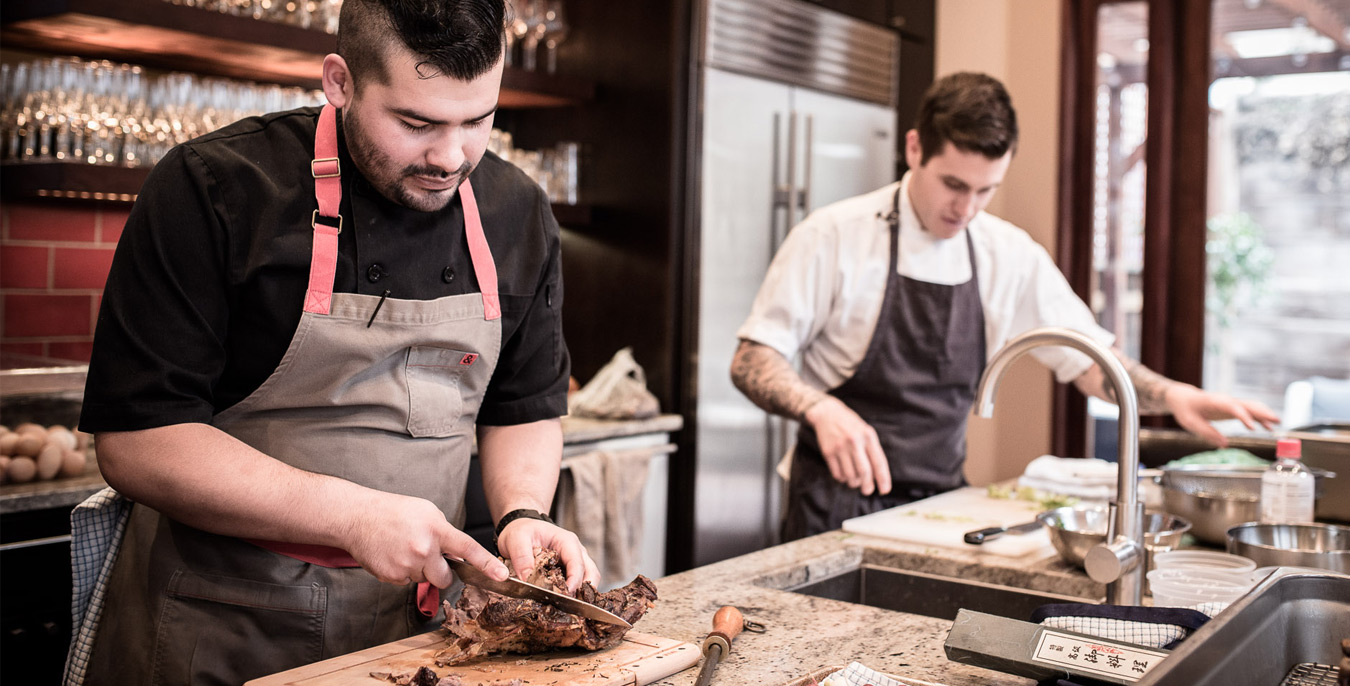

Our comments section is for members only.
Join today to gain exclusive access.